Have you ever found yourself humming a tune while washing dishes or walking down the street, only to realize you've created something entirely new? That fleeting moment of musical inspiration is more accessible than you might think. You don't need formal training, expensive equipment, or even an instrument to begin composing melodies. The human mind is the most powerful creative tool at your disposal, and learning to harness it can unlock a world of musical expression you never knew existed.
Many aspiring composers fall into the trap of believing they need external tools to validate their creativity. They invest in digital audio workstations, MIDI controllers, and sample libraries before they've even learned to hear the music within themselves. This approach often leads to creative paralysis—overwhelmed by technical options rather than focused on musical ideas. The truth is that some of history's most enduring melodies were composed without any instruments at all. Beethoven continued creating masterpieces after losing his hearing, working entirely through internal auditory imagination. The ability to hear and develop musical ideas in your mind is the most fundamental skill any composer can cultivate.
Begin your melodic journey by rediscovering your natural capacity for sound. Every human possesses an internal auditory system capable of imagining pitch, rhythm, and texture. Think about how you recall your favorite song—you can hear the vocals, the guitar solo, the drum fills, all playing back in your mind with surprising accuracy. This mental playback system is your built-in composition studio. With practice, you can learn to manipulate these internal sounds, creating new combinations rather than simply recalling existing ones.
Start with simple exercises to strengthen your mental musical muscles. Try recalling a familiar melody, then experiment with changing its ending. Hum a descending scale, then reverse it mentally without making a sound. As you walk, create rhythmic patterns matching your footsteps and develop them into longer phrases. These exercises might feel awkward initially, but they're building your capacity to manipulate musical ideas internally. The goal isn't to produce masterpiece melodies immediately but to develop fluency in musical imagination.
Your environment is filled with rhythmic inspiration waiting to be transformed into musical ideas. The steady drip of a faucet, the rhythm of a passing train, the cadence of speech patterns—all contain musical potential. When you hear an interesting rhythm in daily life, internalize it. Hear it in your mind, then experiment with adding pitch variations. Perhaps the clicking of a turn signal becomes a repeating three-note pattern. Maybe the rhythm of rain on your window suggests a melancholy melodic phrase. These everyday sounds provide natural, organic starting points that ground your compositions in real-world textures.
Many beginners struggle with knowing whether their mental compositions are "good" or "correct." This anxiety often stems from assuming music must follow rigid rules. While music theory provides helpful guidelines, your personal aesthetic sense is the ultimate authority. If a melody feels satisfying to you—if it creates an emotional response or feels pleasing to mentally replay—it has validity. Trust your innate musical intuition. Humans are hardwired to respond to patterns, tension and resolution, and emotional expression through sound. Your personal taste has been developing since childhood through all the music you've ever heard, whether consciously or not.
As your mental composition skills develop, you'll want to capture your ideas for refinement and future development. While recording devices can be useful, don't become dependent on them. Instead, develop a personal notation system that works for your needs. This might involve sketching rough contour lines representing pitch movement, creating rhythmic notation using dots and dashes, or writing descriptive words that capture a melody's character. The act of developing your own notation system deepens your understanding of musical elements and strengthens your ability to analyze and manipulate them mentally.
One significant advantage of mental composition is the freedom to experiment without technical limitations. Want to write a melody for an instrument you've never played? Imagine how it might sound. Curious about how your melody would work with unusual orchestration? Experiment in your mind. This boundless creative playground allows you to develop complete musical ideas before confronting the practical limitations of physical instruments or production techniques. Many professional composers work this way, hearing full arrangements in their minds before ever touching an instrument or DAW.
When you've developed a melody mentally to your satisfaction, the transition to external expression becomes much smoother. You can choose the instrument that best suits your already-developed idea rather than being limited by what you can physically play. You can communicate your vision more clearly to collaborating musicians because you've already heard the complete idea internally. This mental preparation transforms the recording or notation process from one of searching for ideas to one of executing a clear vision.
The most beautiful aspect of mental composition is its accessibility. You can practice anywhere—during your commute, while waiting in line, or in quiet moments before sleep. This turns what might otherwise be wasted time into creative development opportunities. The barrier between "daily life" and "creative time" dissolves, allowing musical thinking to become integrated into your normal thought patterns. Many composers report their best ideas coming during these informal thinking sessions rather than during formal "composition time" at a desk.
Like any skill, developing strong mental composition abilities requires consistent practice but offers profound rewards. You'll find yourself hearing musical potential in everyday sounds, developing melodies spontaneously, and feeling more connected to the music you love. Most importantly, you'll discover that the ability to create meaningful music was within you all along—waiting to be unlocked not through equipment purchases, but through focused listening and imagination. The world needs your unique musical voice. Why not start hearing it today?
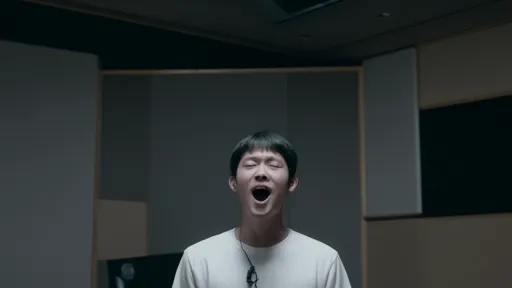
By /Aug 22, 2025

By /Aug 22, 2025
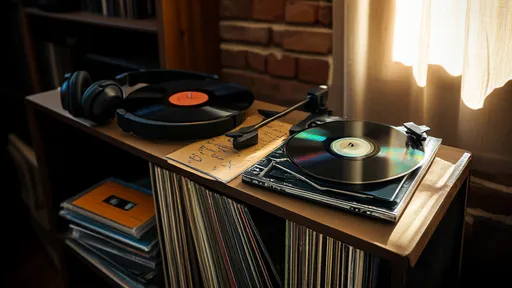
By /Aug 22, 2025
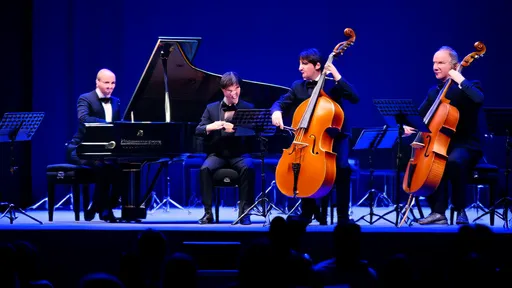
By /Aug 22, 2025
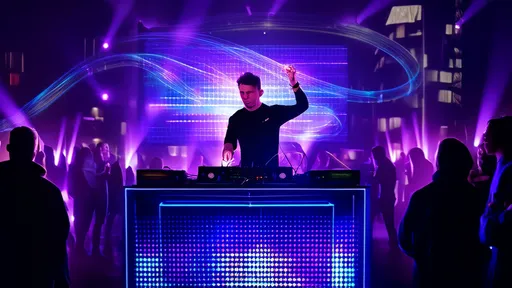
By /Aug 22, 2025
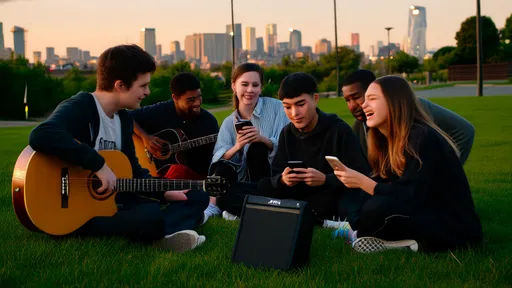
By /Aug 22, 2025
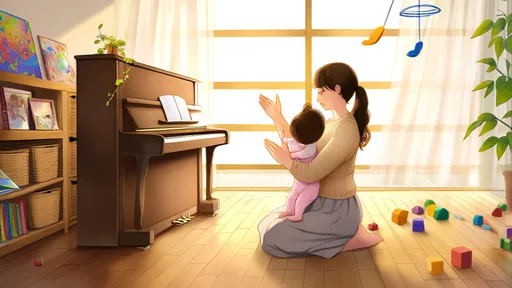
By /Aug 22, 2025

By /Aug 22, 2025
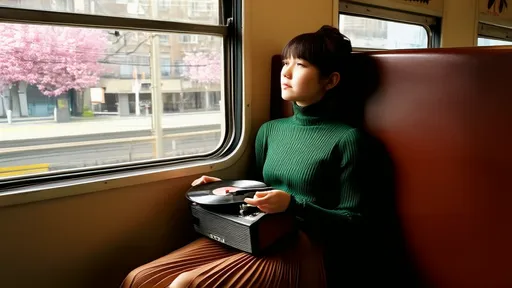
By /Aug 22, 2025

By /Aug 22, 2025

By /Aug 22, 2025

By /Aug 22, 2025
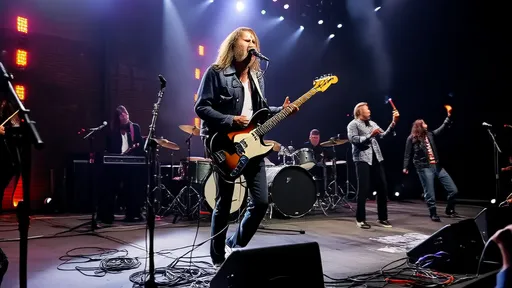
By /Aug 22, 2025
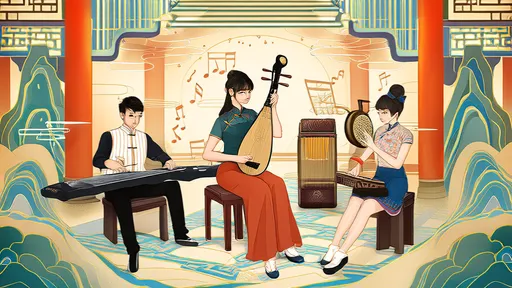
By /Aug 22, 2025

By /Aug 22, 2025
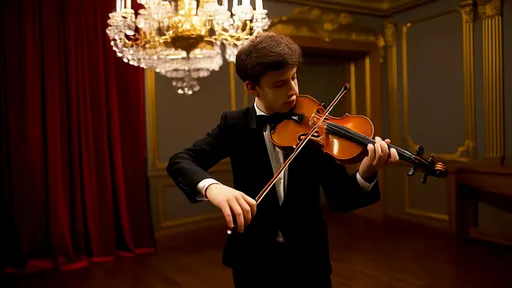
By /Aug 22, 2025

By /Aug 22, 2025
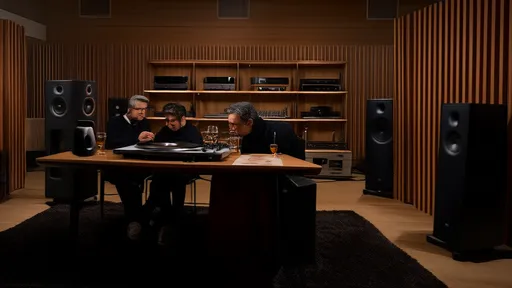
By /Aug 22, 2025

By /Aug 22, 2025
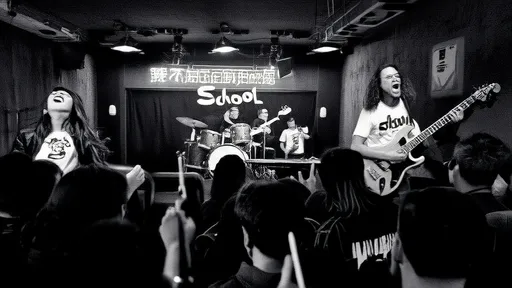
By /Aug 22, 2025